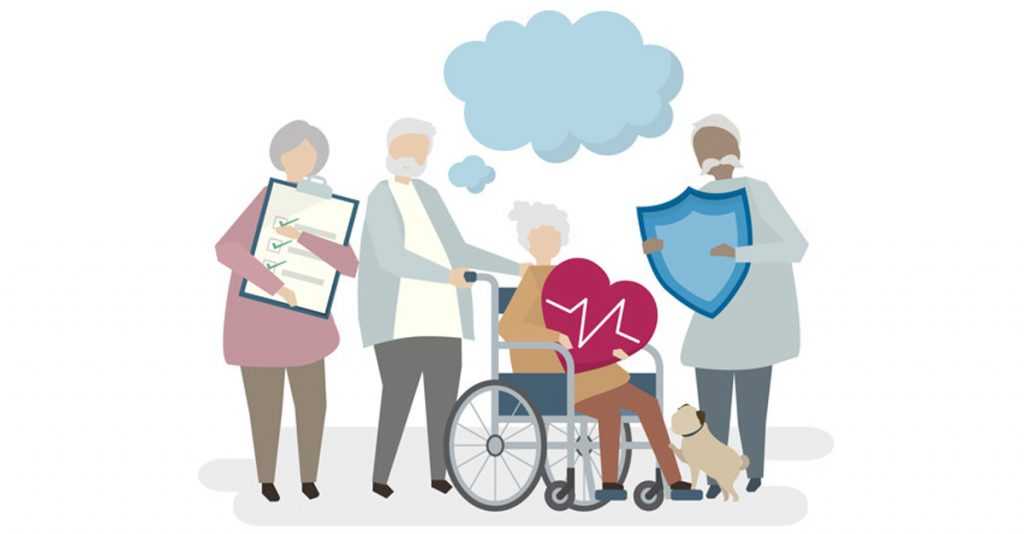People visit hospitals to seek out information and treatment for their health problems yet, they forget that those who run a hospital are also humans just like them. And just like them, they are also imperfect and make mistakes. No hospital is flawless, literally. Mistakes are made, technical errors are found, a mix-up of the patient record and medication occurs, operational delays and hurdles are faced, and quite often patients hurt themselves either by falling or slipping accidentally.
Such accidents can be avoided if you are careful and determined enough to take some responsibility for yourself. Here, you’ll find the five most effective methods to avoid errors in a hospital.
1. In case of a serious condition, consult more than one doctor
If you have been diagnosed with a serious, complicated, or rare health disorder, it’s best to ask another doctor before starting treatment. Researches have shown that there is a 20 – 30% chance that the second doctor would have a different opinion than that of the first doctor.


2. Always go through your test results
When you are asked to take a medical test such as a biopsy or a CT scan, make sure to read your test report and ask the doctor to give you a detailed explanation about your test result. It has been researched that 7% of the abnormal lab tests and 8% of the abnormal scans are misplaced in the hospitals.
3. Be careful with your antibiotics
Antibiotics are drugs that fight infections, however, they can cause an infection too if the patient has a lack of information about them. As the drugs kill the protective bacteria in your gut, they increase your risk of acquiring Clostridium difficile (C. diff), one of the most dangerous hospital-acquired infections. “If your doctor prescribes you an antibiotic in the hospital, ask what infection you have and how long you need to take the antibiotic,” says Dr. Srinivasan, MD, a medical epidemiologist at the CDC.
4. Shower with a disinfectant before going to the hospital
If you’re scheduled for a surgery, then shower with a strong antiseptic soap that effectively kills germs on your skin, at your home the night before and the morning after your surgery.


5. Schedule yourself as the first surgical patient of the day
The operating room is cleaner and all the surgical equipment is freshly sterilized. Your surgery is less likely to be delayed, and your surgeon won’t be as exhausted. Late or evening surgeries increase the risks of anesthesia-related problems such as nausea and pain because the anesthetics, doctors, and nurses become exhausted and tired.
Hospital errors cause nearly 500,000 each year. So, it’s up to us to gain information as much as possible before stepping into a hospital. Also, it’s very important to search for a good hospital that has the least number of cases of hospital accidents. To find the best hospitals in major cities across Pakistan, visit marham.pk.





